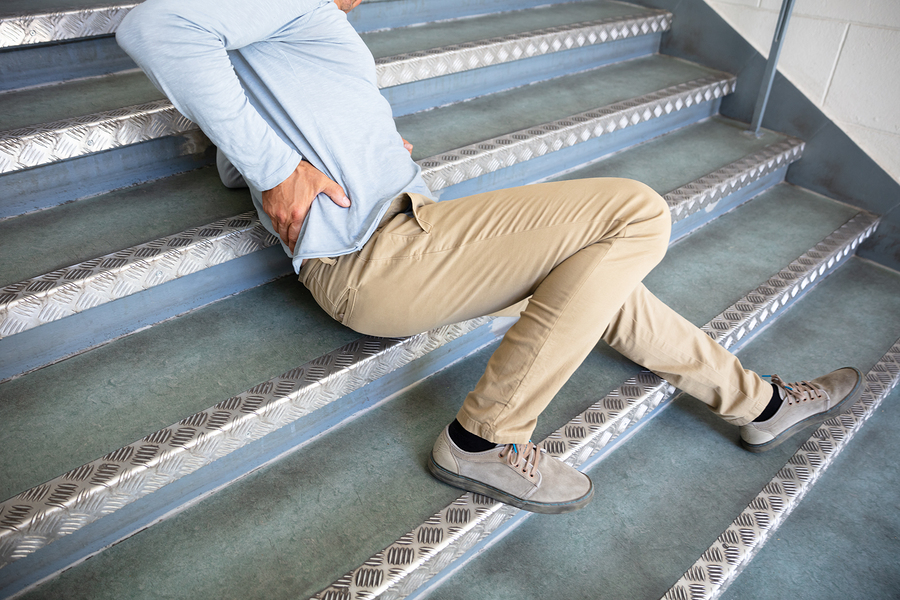 When an individual is injured or killed on another person or entity’s property as a result of an unsafe condition, the controlling law in the state of Colorado is C.R.S. §13-21-115 Actions against Landowners, often referred to as the Colorado Premises Liability Act.
When an individual is injured or killed on another person or entity’s property as a result of an unsafe condition, the controlling law in the state of Colorado is C.R.S. §13-21-115 Actions against Landowners, often referred to as the Colorado Premises Liability Act.
Many elements need to be evaluated in a premises liability case. One of the most important factors in determining liability in a Colorado premises liability case is the plaintiff’s classification in the case. The question concerns the reason that the plaintiff was on the land where he or she became injured.
Under Colorado premises liability laws, a person injured on property falls into one of three categories related to the reason they were on the land in the first place. The injured party can be a “trespasser,” a “licensee,” or an “invitee.” Each category has their own level of duty of care. In addition, each category has different requirements to prove a claim for damages under the Colorado Premises Liability Act.
An invitee is a person who enters or remains on a property belonging to another person or entity while transacting business. The person has a mutually beneficial relationship with the property owner. Property owners owe invitees the highest level of duty of care, and invitees generally have the best chance of obtaining compensation for a premises liability claim.
CRS §13-21-115(5)(a) defines an invitee as “a person who enters or remains on the land of another to transact business in which the parties are mutually interested or who enters or remains on such land in response to the landowner’s express or implied representation that the public is requested, expected, or intended to enter or remain.”
Typically, invitees are customers or tenants. For example, when you shop at a grocery store or eat at a restaurant, you are considered an invitee. If you are renting an apartment, you are an invitee of the property owner. If you buy a ticket for a movie at a theater, you are an invitee if you are harmed at the theater.
Under the Premises Liability Act, CRS §13-21-115(3)(c)(I), “an invitee may recover for damages caused by the landowner’s unreasonable failure to exercise reasonable care to protect against dangers of which he actually knew or should have known.”
However, under CRS §13-21-115(3)(c)(2), if you are on land classified as agricultural land or vacant land for tax purposes, even as an invitee, you may only recover “damages caused by a landowner’s unreasonable failure to exercise reasonable care to protect against dangers of which he actually knew.”
A licensee is someone who enters or remains on a property with the permission of the property owner. Generally, licensees are social guests. If you were injured as a dinner guest at someone else’s home, you are usually considered a licensee. A property owner owes a licensee a more limited duty of care. These cases can be more difficult to prove legally, so it is important to find a specialist in premises liability cases to help you with your claim.
CRS §13-21-115(5)(b) defines a licensee as “a person who enters or remains on the land of another for the licensee’s own convenience or to advance his own interests, pursuant to the landowner’s permission or consent” and specifically includes “a social guest.”
CRS §13-21-115(3)(b) says that licensees may recover only for damages caused:
Invitees and licensees may be eligible for compensation after a premises liability accident, especially if the guest was on the property for a business purpose.
A trespasser is only owed a duty of care when intentional harm is at hand. A trespasser enters or remains on the property of another without the property owner’s consent. It is much more difficult for a trespasser to recover damages for a personal injury under Colorado premises liability law. The exception to this is if injuries or damages were deliberately caused by the property owner.
CRS §13-21-115(5)(c) defines “trespasser” as “a person who enters or remains on the land of another without the landowner’s consent.” Under the Premises Liability Act, §13-21-115(3)(a), “a trespasser may recover only for damages willfully or deliberately caused by the landowner.”
If you have been injured on another person or entity’s property, we recommend that you speak to our Denver premises liability lawyers as soon as possible. Your status under the Colorado Premises Liability Act is crucial to succeeding with a claim.
At Dormer Harpring, we can help you determine your status and ensure your rights are fully protected. For more information contact us at (303) 747-4404 or fill out our confidential contact form.